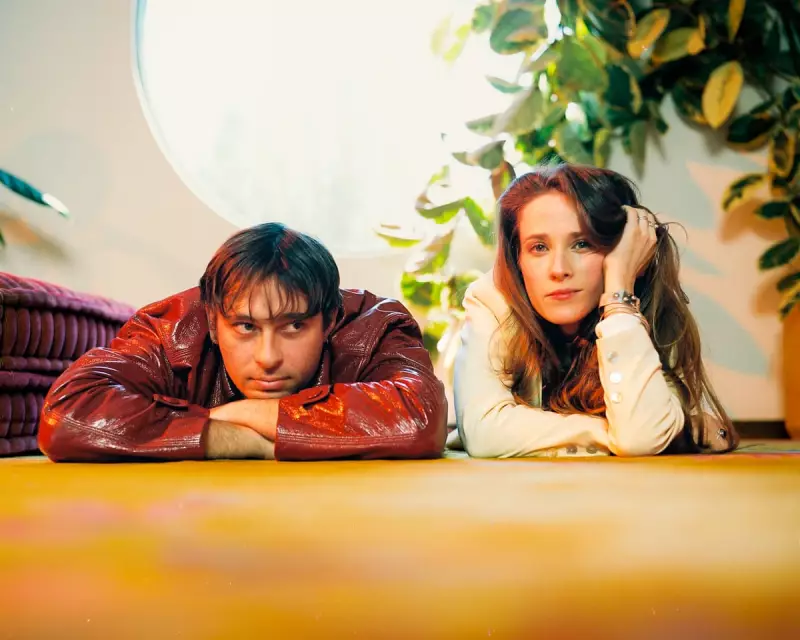
In a profoundly moving and revealing interview, Australian musical artist Emma Louise has shared the life-altering experience of receiving an autism diagnosis in her mid-30s, opening up about the relief and grief that followed this late-in-life discovery.
The Moment of Revelation
"I wish I had known earlier because I've suffered so much," Emma Louise confessed during an intimate conversation with fellow Australian musician Flume. The singer-songwriter, known for her haunting vocals and electronic pop sensibilities, described years of struggling to understand why she felt different without having the framework to comprehend her neurodivergence.
A Journey of Self-Discovery
For decades, Emma Louise navigated the music industry and personal relationships without understanding the neurological differences that shaped her experiences. She described the diagnosis as finally receiving "the manual to myself" - a transformative moment that provided context for lifelong challenges and strengths.
The Weight of Late Diagnosis
The emotional toll of discovering her autism later in life forms a central theme of her revelation. "There's been so much unnecessary suffering," she explained, detailing how understanding her neurotype earlier could have spared her from years of self-criticism and misunderstanding from others.
Conversation with Flume: Breaking Stigmas
The dialogue between these two acclaimed Australian artists represents a significant moment for neurodiversity awareness in the music industry. Their discussion sheds light on the often-overlooked experiences of autistic women and adults who receive diagnoses later in life.
Moving Forward with New Understanding
Emma Louise now approaches her music, relationships, and public life with this new self-knowledge, offering hope to others who may be on similar journeys of discovery. Her story highlights the importance of broader awareness and understanding of autism in women and adults.
The interview stands as a powerful testament to the transformative power of understanding one's own mind and the importance of neurodiversity acceptance in creative industries and beyond.





